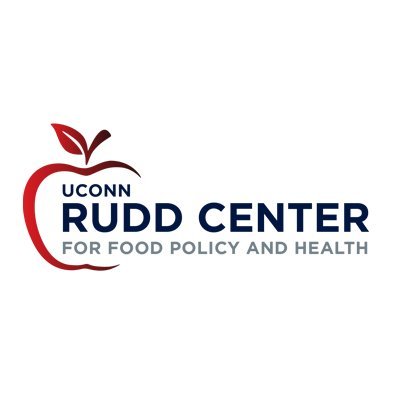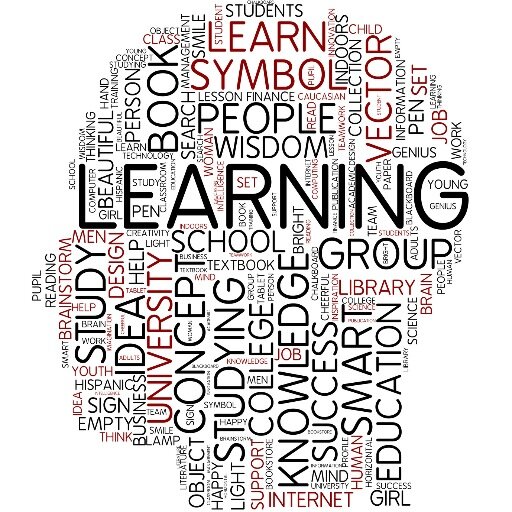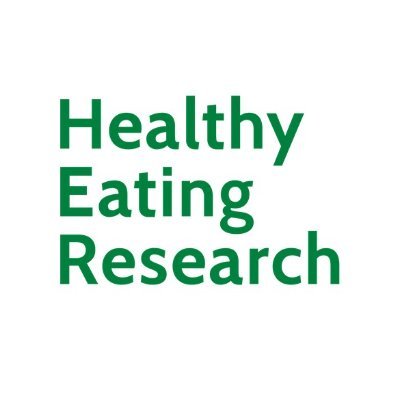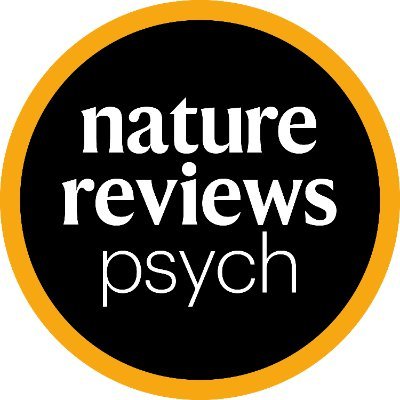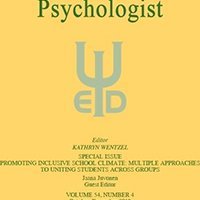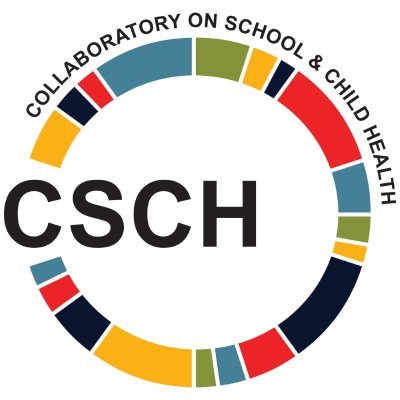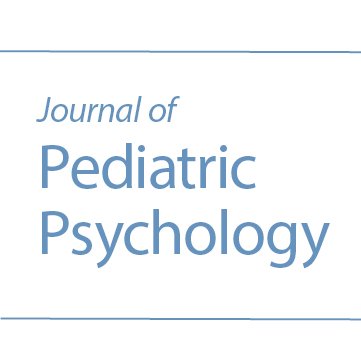
Dr. Leah Lessard
@LessardLeah
Followers
392
Following
496
Media
7
Statuses
164
Developmental scientist studying social underpinnings of adolescent educational and health disparities | @UConnRuddCenter | @Act4HlthyKids | PhD @UCLA
New York, NY
Joined October 2018
#New: @CDCgov has released training modules for the Wellness Policy in Action Tool (WPAT)! The WPAT - which utilizes the Rudd Center's WellSAT program - helps schools meet @USDA triennial assessment requirements. #CDCHealthySchools 🔗: https://t.co/NXRiObedUl
0
2
1
Action for Healthy Kids RFP for Development and Testing of a Family-School Partnership Assessment for Child Health and Well-Being
apadiv15.org
Action for Healthy Kids (AFHK) has released an RFP for Development and Testing of a Family-School Partnership Assessment (FSPA) for Child Health and Well-Being: www.actionforhealthykids.org/FSPA (t…
0
1
1
“To support equitable mental health outcomes for youth with diverse body sizes, empirically informed policy needs to address weight-related teasing and bullying” write @LessardLeah & @Sam_E_Lawrence Read more https://t.co/RlbmIZ5Es9
#mentalhealth #policy #bullying
0
3
2
In this Perspective, Earnshaw et al. argue that considering stigma in relation to historical, human development & status course timescales can advance progress in addressing stigma to improve health. https://t.co/jMY1G4RajS
@UDStigmaLab @DrRyanJWatson @anniefoxgalalis
0
5
9
What does bullying look like during the pandemic? Does peer victimization "hurt" more when teens attend in-person vs online school? Our new paper w/ @DrAdamHoffman @adehrhardt @FaizunBakth is now available open access in Development & Psychopathology: https://t.co/qdMnbvAY65
cambridge.org
Peer victimization, schooling format, and adolescent internalizing symptoms during the COVID-19 pandemic: Between- and within-person associations across ninth grade - Volume 35 Issue 2
1
7
23
33% of adolescents in our community sample reported experiencing weight-based cybervictimization, with elevated rates among those with overweight (45%) and obesity (60%).
Latest study by Rudd Postdoc @LessardLeah and Rudd Deputy Director Rebecca Puhl finds that weight-based cybervictimization (i.e., electronic forms of weight-based peer victimization) is associated with higher levels of stress, depression, and sleep trouble. https://t.co/go8ZlbNzC5
0
0
3
Developmental changes in the frequency and functions of school-related communication with friends and family across high school: Effects on college enrollment.
psycnet.apa.org
As postsecondary education is an increasingly important developmental milestone for adolescents, it is critical to identify supports that help prepare youth for college. Building on evidence highli...
0
0
0
Talking about schoolwork and educational planning with friends more frequently across high school increases teens' likelihood of college enrollment. Our findings from the #UCLASchoolDiversityProject in @APA_Journals ' Developmental Psychology.
1
8
29
In their 2019 @EdPsychJournal piece, Jaana Juvonen, @LessardLeah, @ritika_rastogi, @hannah_schacter, Danielle Sayre Smith “provide a critical analysis of barriers to social inclusion and integration in schools.”
1
6
8
It's National #BullyingPrevention Month. Our NEW podcast episode features @LessardLeah's research on the role popular peers may play in reducing weight-based bullying in schools. https://t.co/OHv2wVAbmm
@UConnRuddCenter @UConnHDFS #NPBM2021
0
3
6
"Is #Facebook Promoting Self-Stigma?" https://t.co/Vv17PX5Zvv by @ConscienHealth cc @UConnRuddCenter #WeightBias
@LessardLeah & Puhl: "...increased exposure to weight stigmatizing social media content is likely to have implications for adolescents’ health and wellbeing..."
conscienhealth.org
Reporting from the Wall Street Journal suggests that Facebook, through Instagram, may be promoting self-stigma for teens and they know it.
0
7
11
How have adolescents’ feelings about their bodies and weight-related social influences changed during #COVID19? @LessardLeah and #RebeccaPuhl explore pandemic-related changes in body dissatisfaction and #WeightStigma from peers, parents & social media.
0
2
7
So pleased to have our systematic review on peer victimization, friendship, and adolescent health included in this special issue! A team effort with @LessardLeah @skippykip @FaizunBakth @adehrhardt and Janelle Uganski. Full-text link below 🔗
Learn insights on protective factors for bullying! Great work @DrDotEspelage Jun Sung Hong @OstrovJamie @evansstevenw @SimonCHunter @hannah_schacter @profwendycraig @natnoret @HoiShan_Cheung and many other international colleagues #schoolmentalhealth
https://t.co/ms2UxYz2B5
2
2
12
Adolescents with greater pre-COVID friend support felt less depressed and anxious during COVID-19, regardless of time spent with friends or COVID-19 related stress. "Friends may thus protect against developing internalizing symptoms in times of crisis." https://t.co/XkQOHOSGPG
0
2
17
The Journal of Adolescence is searching for two Assistant Editors. JoA is a top developmental journal (5 year citation 4.32), moving to Wiley in 2022. It is unique in that profits from the journal support professionals in adolescent mental health. Share! https://t.co/MuPxq1NvSj
0
10
9
Our new study links school district antibullying policies to educators' weight bias. We find evidence of lower bias when policies specifically reference "weight" as a characteristic that places youth at risk for bullying. @ASHAnews @UConnRuddCenter
0
2
4
🎊 My first pre-grad study @ucdavis is finally out in Cognitive Psychology! Led by Hannah Kramer we show across 3 studies that the dichotomizing heuristic takes over social judgments: but it fails if judgments are improbable or groups aren’t initially treated as distinct.
New paper in Cognitive Psychology provides evidence that people use a “dichotomizing heuristic” when judging social groups: “The inference that characteristics belonging to one group do not apply to another group.” Publisher: https://t.co/1YoQftquP1
0
4
11
Teens across diverse sexual & gender identities who feel safer at school engage in fewer unhealthy weight control and disordered eating behaviors. Our latest findings via @ASHAnews @DrRyanJWatson @EthanWang98
https://t.co/IbrXCoCCtT
onlinelibrary.wiley.com
BACKGROUND Unhealthy weight control and disordered eating behaviors are prevalent among adolescents who identify as a gender and/or sexual minority (SGM). The current study examined how perceptions...
0
4
12
Going back to school after a year of virtual learning can be challenging. Rudd fellow @LessardLeah's study found that during the pandemic, adolescents reported academics & work habits to be among their biggest challenges, ahead of mental & physical health. https://t.co/FMNOXi8TSJ
today.uconn.edu
The COVID-19 pandemic has left teenagers feeling worried and disconnected from school, according to a UConn researcher.
0
1
4

